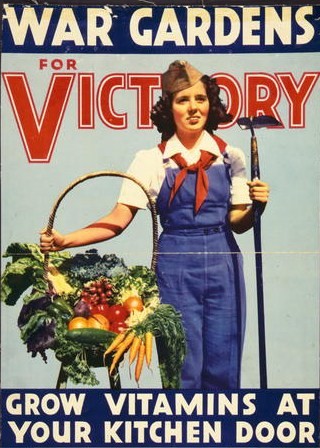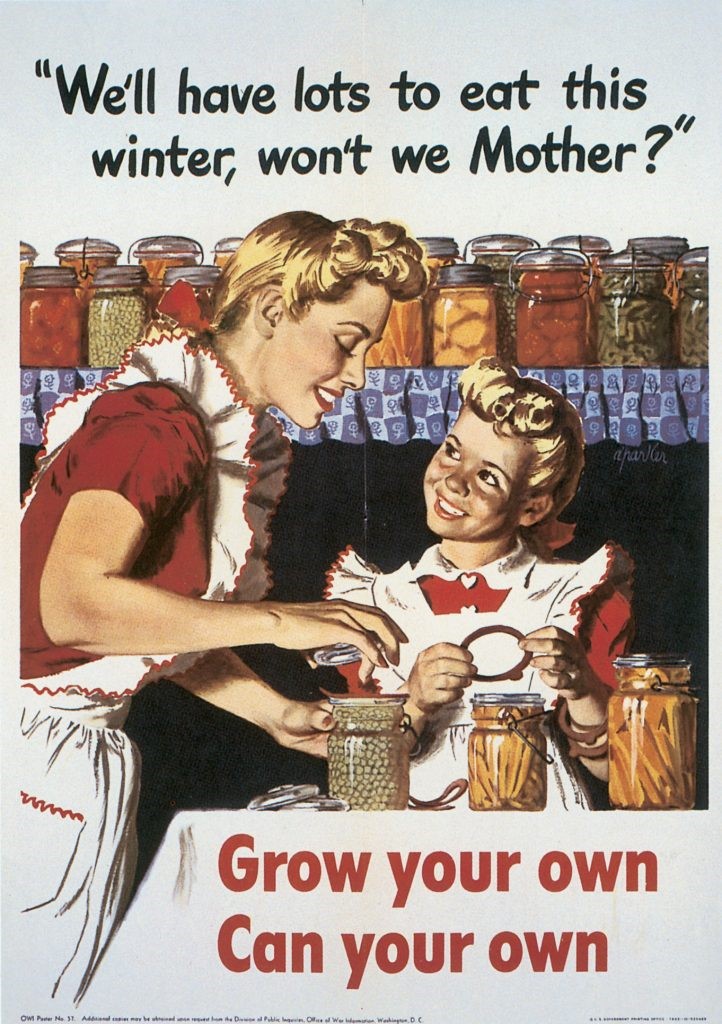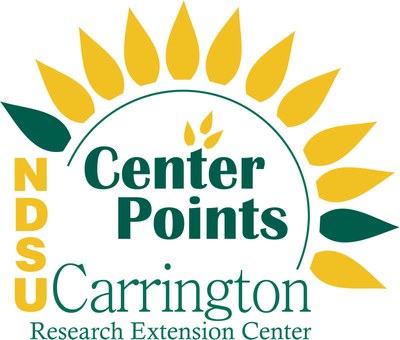Gardening 2020
Hello everyone, I hope you’re doing well through these trying times. We all need to stick together and find a “new norm”. I was going to write about the organic oat/pea intercropping trial, but felt the subject of growing a garden needs to be a “new norm” if you haven’t been growing one. If you are disappointed about not seeing the oat/pea intercrop work, I have a solution for you. The study was written in detail in our 2019 Annual Report. You can find it here https://www.ag.ndsu.edu/carringtonrec/documents/agronomyrd/docs-2019/intercropping-oats-and-field-pea-in-an-organic.pdf or if you have a hard copy of our Annual Report: Volume 60 December 2019, pages 17-20.
Anyway, by now you are probably wondering why I am writing about gardening at a time like this! Well, if you have not witnessed or heard, the grocery store shelves are emptying at unprecedented rates, and in the major cities across this great country, at an even faster pace than here. We do not see it to the degree New York City does, as an example, but it is real! I do not want to cause panic, I want to provide education and positive solutions.
Gardening and local foods are one of them. To use a past example, Americans were asked by our Government to work up part of their lawns to plant a garden to aid in the WWII effort, the program was called “Victory Gardens” and if you are not familiar with them I have provided a link for you to educate yourself on the topic: http://www.sarahsundin.com/victory-gardens-in-world-war-ii/.

I think this program is appropriate to rekindle again given the current situation of the global pandemic, COVID-19, that is currently in the news. Gardening has always been important, maybe now more than ever! An excerpt from the article is below to “wet your appetite”, pun intended!
“Some 20 million Victory Gardens were planted (US population in 1940 was 132 million), and by 1943, these little plots produced 40 percent of all vegetables consumed in the US. It’s estimated that 9-10 million tons of vegetables were grown”.
I think Margaret Mead summed it up quite well with this well-known quote “Never doubt that a small group of thoughtful, committed citizen can change the world; indeed, it’s the only thing that ever has.”
North Dakota’s land grant institution, NDSU, has a long history of vegetable research and plant breeding. The Carrington Research Extension Center has done limited vegetable variety trials, although a recent organic onion variety trial was done in 2016 to aid you in your variety choices for storage onions to last you through the winter months. Here’s the link if you care to review it: https://www.ag.ndsu.edu/CarringtonREC/center-points/organic-onion-evaluation. If you would like to view all of the NDSU onion variety trials the link below will get you that data here: https://www.ag.ndsu.edu/varietytrials/onion
If you would like to look at the recommend varieties for a number of adapted vegetables to North Dakota use this link https://www.ag.ndsu.edu/homegardenvarietytrials/documents/recommendations2020.pdf to view the “2020 Vegetable Varieties for North Dakota” NDSU Extension publication. Our NDSU Extension people really have got it together, don’t they? They really are a bunch of good public servants and we are blessed to have them. If you want to participate in your own vegetable research or find out what other gardeners are doing in terms of vegetable evaluations you can look here: https://www.ag.ndsu.edu/homegardenvarietytrials
Well I have used up more than my allotted my space, (sorry Mary), although I must tell you, if you are going to order garden seed from your favorite seed catalog and you not aware of the current demand across the nation, I would do it sooner rather than later as the seed companies are currently overloaded with seed orders. I ordered mine 3 weeks ago and I was on hold for quite some time to place my order!

Thank you for reading and considering gardening. My hope for you is a successful and safe gardening season. I pray the sun shines, the bugs stay away, there are limited plant diseases, weeds are controllable, there is no hail, the rains come when needed, and you have a bountiful harvest.
Stay safe.
Steve Zwinger
Steve.Zwinger@ndsu.edu
Agronomy Research Specialist


